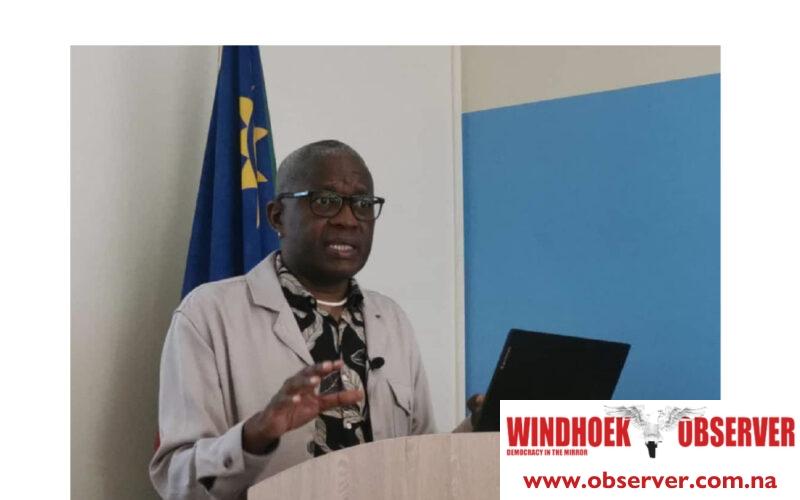Martin Endjala
The absence of clear agenda-setting by political parties has led to a potential crisis and reactive media coverage.
The Media Ombudsman, John Nakuta, said political parties have failed to set these agendas for the 2024 Presidential and National Assembly elections.
Nakuta said this during the first media monitoring report on the November elections launched on Wednesday.
“There is clearly a lack of agenda-setting by political parties. What do we mean? It is very difficult to pinpoint what agenda any given political party institution has. It is definitely a case of the media reporting almost crisis-dominant, reactive reporting if I can say that correctly,” he said.
Nakuta cited the Namibia Economic Freedom Fighters (NEFF) as an example, noting that the party received significant media coverage not necessarily due to a strong or coherent political message but rather because of internal issues that generated news.
Most media outlets covered the deregistration of the most, he said.
“The only reason why, in our view, the NEFF scored the second highest reporting rate during the period of review, but not so much because they’ve got a strong message, so to speak. It’s mainly because of the issues that happen within the party,” he said.
This pattern of reactive reporting, according to Nakuta, underscores a broader issue: the absence of a strategic media approach from political parties.
“We did not pick that up during this process. It’s very clear also who is reporting on whom from this report. There is a very clear pattern that state-owned media houses are mainly covering the Swapo ruling party, the private sector also, but not as much as state-owned media,” he said.
The state-owned media’s coverage of Swapo topped 86%.
Nakuta raised concerns in this regard and called for fairness and independence in reporting on election coverage.
“It’s very clear, based on the data, in terms of who has access to state-owned media and who doesn’t,” he said.
Parties were urged to make their manifestos accessible to the media.
According to Nakuta, the election report project seeks to monitor media coverage of elections while also providing data on positives and negatives.
The report covered media reports from 20 June to 20 July with the next report expected in a few weeks.
Over N$700 000 has been injected into the project to collect data and research about the 2024 election.




